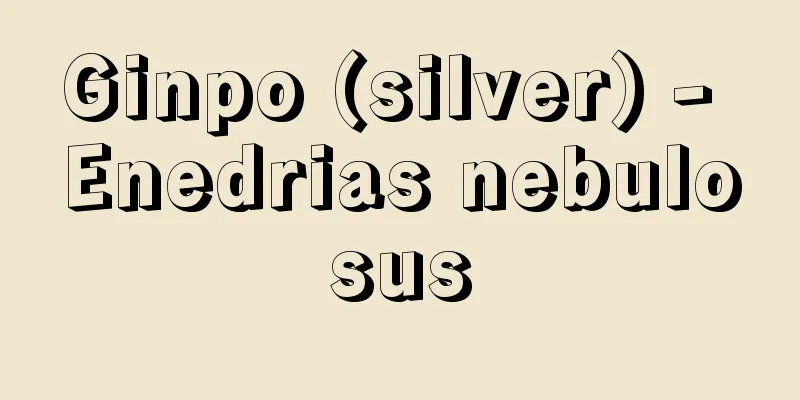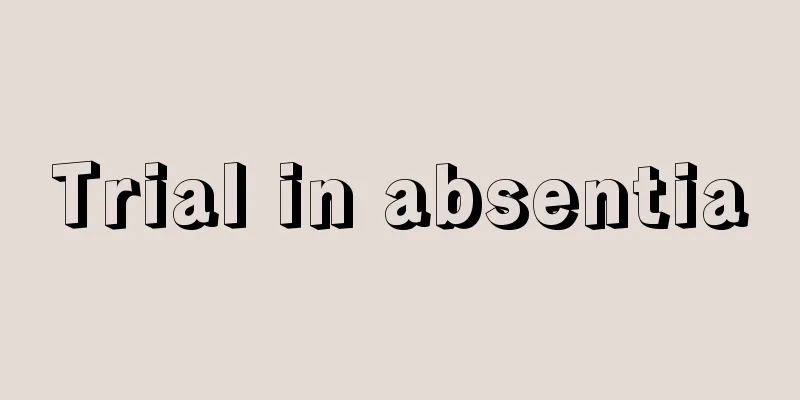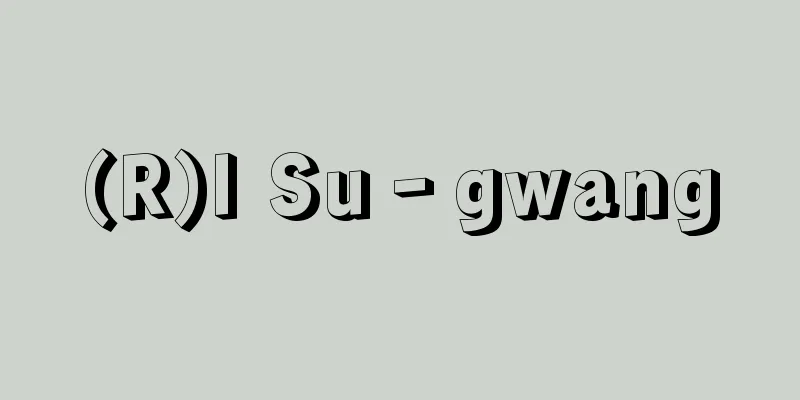Tokutomi Soho

|
A journalist and historian spanning three generations of the Meiji, Taisho and Showa periods. Born on January 25, 1863, in Sugido-mura, Mashiko-cho, Kamimashiki-gun, Higo Province (now Akitsu-cho, Higashi-ku, Kumamoto City). His real name was Iichiro. He was the older brother of Roka. The Tokutomi family had served as headman and magistrate for generations, and his father, Ikkei (1822-1914), was a senior disciple of Yokoi Shonan and was active as an enlightened thinker from the end of the Edo period to the 1870s as a leader of the Higo Jitsugaku Party. After studying at a Chinese classics school affiliated with the Higo Jitsugaku Party, Soho entered the Kumamoto Western School in 1875 (Meiji 8), where he came into contact with the Chinese translations of the Old and New Testaments and became interested in Western learning and Christianity. The following year, in 1876, he participated in the founding of the Kumamoto Band. This marked his departure from the old world dominated by Chinese studies and Confucian ethics, and he entered Doshisha English School in 1876, where he was baptized by Niijima Jo in December of the same year. In 1880, he dropped out and moved to Tokyo, but returned home after failing to achieve his dream of becoming a newspaper reporter. In his hometown of Minamata, he joined the Liberal Party-affiliated civil rights association Soaisha, and advocated civil rights backed by strong nationalism. In March 1882, he opened the Oe Gijuku in his home in Oe Village, where he taught English studies, history, economics, political science, and other subjects until it closed in September 1886, working to educate the young people of his hometown. During this time, Soho learned much from Victorian liberal thinkers and developed a populist ideology. Soho's "populism" was based on a free lifestyle and economic society centered on production facilities, and aimed to realize a society in which respect for the inherent rights of individuals and equality were thoroughly implemented. It was a youthful declaration of pacifism, liberalism, and equality that sought a free and safe life and happiness, while sharply criticizing the errors of nationalism and military expansionism seen not only in the Meiji government but also in the arguments of civil rights advocates. Soho's work crystallized during his time at Oe Gijuku, and he self-published "The Youth of 19th Century Japan and Its Education" (1885), followed by "The Future of Japan" (1886), making a brilliant debut on the central intellectual scene. In 1887, he founded the Minyusha Society and launched the magazine "Kokumin no Tomo" (Friends of the People), and in 1890, he launched the "Kokumin Shimbun" (National Newspaper). He was an opinion leader throughout three generations of the Meiji, Taisho, and Showa eras. During this time, he took a clear nationalistic stance in the wake of the Triple Intervention following the Sino-Japanese War, and was criticized for betraying his traditional populist views. Politically, he allied himself with Katsura Taro, and was involved in the Hibiya Riots during the Russo-Japanese Peace Treaty, and his company building was burned down during the Taisho Political Crisis. In his later years, he devoted himself to writing the 100-volume "Modern Japanese National History" (1918-1952, Jiji Press). In 1911 (Meiji 44), he was appointed by imperial appointee to the House of Peers. He drafted the Imperial Rescript declaring war on the Pacific War. In 1942 (Showa 17), he became chairman of the Great Japan Society of Genron Hokkai. In 1943, he was awarded the Order of Culture. After the Pacific War, he was banned from public office and retired to Atami. He died on November 2, 1957. [Kazuhisa Tashiro September 16, 2016] "Modern Japanese Thought Series 8: Tokutomi Soho Collection" edited by Jiro Kamishima (1978, Chikuma Shobo)" ▽ "History of the Early Modern Japanese Nation" (Kodansha Academic Library) ▽ "Study of Tokutomi Soho" by Rokuro Sugii (1977, Hosei University Press) ▽ "Oe Gijuku" by Saburo Hanadate (1982, Pelican Publishing) [References] | | | | | | | | |National Diet Library Tokutomi Soho Source: Shogakukan Encyclopedia Nipponica About Encyclopedia Nipponica Information | Legend |
|
明治・大正・昭和の3代にわたるジャーナリスト、歴史家。文久3年1月25日、肥後国上益城(かみましき)郡益城町字杉堂村(現、熊本市東区秋津町)に出生。本名猪一郎(いいちろう)。蘆花(ろか)の兄。徳富家は代々惣庄屋(そうしょうや)兼代官を勤め、父一敬(いっけい)(1822―1914)は横井小楠(よこいしょうなん)の高弟で、肥後実学党の指導者として幕末から明治10年代にかけて開明的思想家として活躍した。蘇峰は、肥後実学党系の漢学塾で学んだのち、1875年(明治8)熊本洋学校に入学、漢訳の『新・旧約聖書』に触れて、西洋の学問やキリスト教に興味を開かれた。翌1876年熊本バンドの結盟に参加。これを契機に漢学や儒教倫理の支配する旧世界を抜け出し、1876年同志社英学校に入学、同年12月新島襄(にいじまじょう)より受洗。1880年同校を退学して上京、新聞記者への志果たせず帰郷。郷里の水俣(みなまた)にあって自由党系の民権結社相愛社に加入、強烈なナショナリズムに裏づけられた民権論を主張した。1882年3月大江村の自宅に大江義塾を開校し、1886年9月閉鎖するまで英学・歴史・経済・政治学等を担当して郷里の青年の教化に努めた。この間、蘇峰はビクトリア自由主義の思想家に多くを学び、平民主義の思想を形成していった。蘇峰のいう「平民主義」とは、生産機関を中心とする自由な生活社会・経済社会を基礎としつつ、個人の固有の権利の尊重と平等主義とが貫徹する社会の実現を目ざすものであり、明治政府ばかりでなく民権論者の論調にみられる国権主義や武備拡張主義の誤謬(ごびゅう)を鋭くつくと同時に、自由にして安全な生活と幸福を求める平和主義、自由主義、平等主義の若々しい宣言であった。大江義塾時代の研鑽(けんさん)の結晶として『第十九世紀日本ノ青年及其(その)教育』(1885)を自費出版し、『将来之日本』(1886)を刊行して中央の論壇に華々しくデビューした蘇峰は、1887年民友社を設立して雑誌『国民之友』を創刊、1890年には『国民新聞』を創刊して、以後、明治・大正・昭和の3代にわたるオピニオン・リーダーとして活躍した。この間、日清(にっしん)戦争後の三国干渉を機に国家主義の立場を鮮明にし、従来の平民主義からの変節と非難された。政治的には桂太郎(かつらたろう)と結び、日露講和での日比谷騒擾(ひびやそうじょう)事件や、大正政変では社屋が焼打ちにあった。晩年は『近世日本国民史』全100巻(1918~1952・時事通信社)の執筆に専念した。1911年(明治44)貴族院勅選議員。太平洋戦争の宣戦の詔勅の起草者。1942年(昭和17)大日本言論報国会会長。1943年文化勲章受章。太平洋戦争後は公職追放を受け、熱海(あたみ)に隠棲(いんせい)した。昭和32年11月2日死去。 [田代和久 2016年9月16日] 『神島二郎編『近代日本思想大系8 徳富蘇峰集』(1978・筑摩書房)』▽『『近世日本国民史』(講談社学術文庫)』▽『杉井六郎著『徳富蘇峰の研究』(1977・法政大学出版局)』▽『花立三郎著『大江義塾』(1982・ぺりかん社)』 [参照項目] | | | | | | | | |国立国会図書館所蔵"> 徳富蘇峰 出典 小学館 日本大百科全書(ニッポニカ)日本大百科全書(ニッポニカ)について 情報 | 凡例 |
>>: Venomous lizard (Gila monster)
Recommend
《Acrusiana》 - Acrusiana
The story is based on the tales of Aesop, who was...
Kuwago (Mulberry Wild Silkworm)
An insect of the family Bombycidae in the order Le...
Proliferative inflammation
…The reason why the character 'inflammation&#...
Schaumburg Lippe (English spelling) Schaumburg Lippe
…After World War II, the region came under Britis...
Photo - Oshashin
...This refers to photographs of the emperor from...
lazzarone
…However, despite the urban development, the prob...
Cyclosporine
… The success rate of heart transplants has impro...
Karl Eugen Dühring
German philosopher and political economist. Born ...
Bert(olt) Brecht
German playwright and theatre director, born Euge...
Extreme Magnitude - Extreme Magnitude
The faintest magnitude of a star that can be detec...
Hidalgo (English spelling)
An asteroid. Discovered by W. Baade in 1920. Regis...
Pathet Lao (English spelling)
The name means "the state of Laos," but ...
Belief in the rice spirit - Inadamashinko
… In Japan, there are two occasions for pounding ...
Tenebrio molitor
...The larvae are yellowish brown and semi-cylind...
Mathematical economics
A general term for economics that employs mathema...









